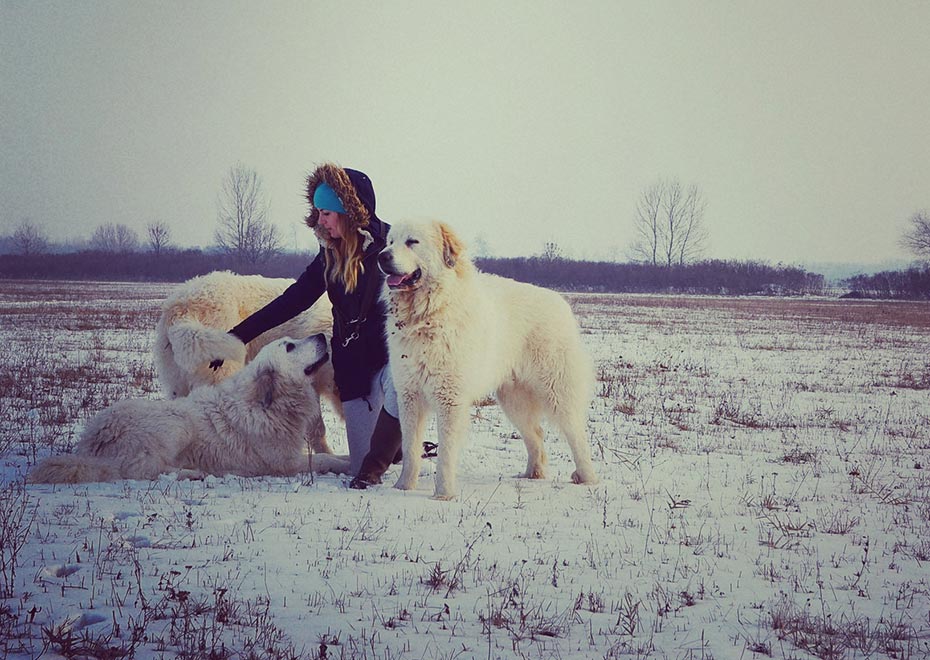A really good dog breeder is characterized by several important qualities and practices that ensure the health, well-being, and proper socialization of their dogs.
Here are some key factors that make a good dog breeder:
1. Knowledge and Expertise
- Breed Knowledge:
A good breeder has extensive knowledge of the breed they are working with, including its history, characteristics, temperament, and common health issues.
- Genetic Knowledge:
Understanding genetics is crucial to avoid hereditary diseases and ensure the production of healthy puppies.

2. Health and Care:
- Health Testing:
Good breeders conduct health screenings and genetic testing on breeding dogs to preventhereditary diseases. They should provide documentation of these tests.
- Veterinary Care:
Regular veterinary check-ups, vaccinations, and deworming are essential. Puppies shouldalso be examined by a vet before being sold.
3. Ethical Breeding Practices:
- Responsible Breeding:
Breeders should not overbreed their dogs and should follow guidelines to ensure the physicaland mental well-being of the breeding animals.
- Appropriate Age:
Dogs should be of an appropriate age and condition for breeding. Typically, dogs should not be bred too young or too old.

4. Socialization and Environment:
- Proper Socialization:
Puppies should be well-socialized, exposed to different environments, sounds, and people todevelop well-rounded temperaments.
– Clean and Safe Environment:
The breeding environment should be clean, safe, and stimulating for the dogs. Puppies should be raised in the home or a homelike setting, not in isolated kennels.

5. Transparency and Communication:
- Open Communication:
A good breeder is open to answering questions and providing information about the breed, their breeding practices, and the specific puppies available.
- Transparency:
They should be willing to show you where the dogs are kept and provide references fromprevious puppy buyers.
6. Support:
- Lifetime Support:
Reputable breeders offer support and advice throughout the life of the dog. They are available to answer questions and provide guidance.
7. Commitment to Improvement:
- Continual Learning:
A good breeder stays updated on best practices, attends seminars, and is often a member of breed clubs and organizations.
- Breeding for Betterment:
They breed with the intention of improving the breed, focusing on health, temperament, and conformation to breed standards.
8. Ethical Sales Practices:
- Screening Buyers:
Responsible breeders carefully screen potential buyers to ensure their puppies go to goodhomes. They may ask about your lifestyle, experience with dogs, and reasons for wanting a dog.
- No Puppy Mills:
Avoid breeders who seem more interested in profit than the well-being of the dogs. Good breeders are not in it for the money but for the love of the breed. Choosing a dog breeder who adheres to these principles ensures that you get a healthy, well-adjusted puppy and supports ethical breeding practices.


